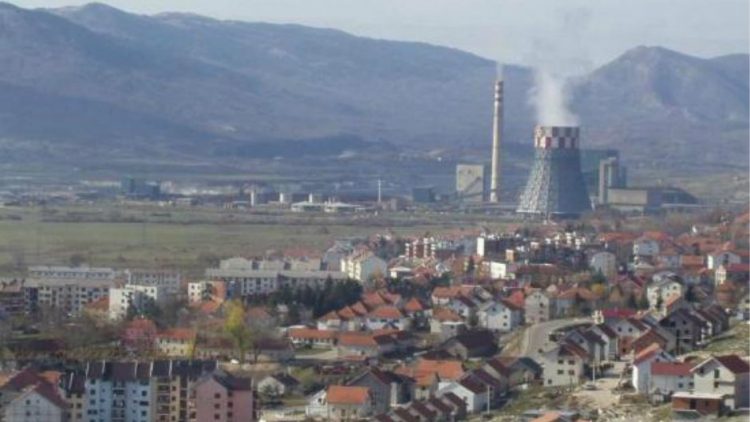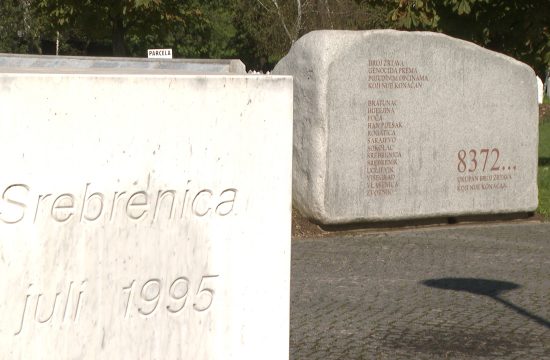
Bosnia’s Republika Srpska (RS) entity continues to register state property in its own name, despite the decisions of the Constitutional Court of Bosnia and Herzegovina and the High Representative in BiH, according to which the entity laws enabling this are void, Radio Free Europe (RFE) reported Tuesday.
This was confirmed to the RFE in several local communities.
This is the property that has been used by public institutions since the end of the war in Bosnia and Herzegovina and the signing of the Dayton Agreement in 1995.
The RS legalized the registration of such property in February of this year.
A request to the Constitutional Court of BiH to assess whether this law is in accordance with the Constitution was also submitted by six delegates of the BiH House of Peoples and the decision is still awaited.
Ognjen Milinkovic, the head of the Gacko Municipality in the south of Bosnia, told RFE that everything was properly registered to the local community, meaning, to the entity, and that he “respects all the laws of the RS and behaves accordingly.” He states that “for him, Christian Schmidt is not the High Representative in BiH”, and that “all the decisions he makes are illegal.”
The authorities in the RS do not recognize Schmidt as the High Representative and claim that he has no legitimacy because his appointment was not confirmed by the United Nations Security Council.
Miroslav Drljaca, the head of Novi Grad Municipality in northwestern Bosnia told RFE that “many properties weren’t registered in the previous period,” and that the list of properties in the cadastre is updated every year.
Samac in the north of BiH did not register existing property that was previously registered to the municipality or entity, since the Law’s entry into force, but in individual cases, the Municipality applied the RS laws, Djordje Milicevic, the Mayor of Samac said.
“In coordination with the local cadastre, all properties are registered as property of the local self-government,” Milicevic said.
He assumed that this was “practice in all local communities.”
Additionally, he added that Samac acts according to the Law on Property Rights of the RS, which provides that the RS, local self-government units, or public companies can manage, use and dispose of immovable property owned by the state.
The RS Law on Property Rights also ended up in the Constitutional Court of Bosnia and Herzegovina in April last year, but it was not overturned. At that time, the OHR told RFE that the courts will decide in individual cases of property registration.
The Office of the High Representative (OHR) noted that “state property can only be disposed of by the state of Bosnia and Herzegovina as its holder”.
They warn that any disposition of property that is made contrary to the Law on the Temporary Prohibition of the Disposal of State Property of BiH is “null and void”. They added that this “threatens the rule of law, violates legal security and business security, which are decisive factors that are taken into account when making any investment decision.”
They also say that they have noticed statements in which representatives of the RS Geodetic Administration state “that forests and forest land, as well as agricultural land, are registered as property of the RS.”
the OHR recalled that according to the imposed decision of the High Representative, state property explicitly includes agricultural land, rivers, forests and forest land. It added that these are all forms of property that the Constitutional Court of BiH characterized as state property in its decisions.
When asked about any potential penalties for violating the law and the decisions of the High Representative, the OHR failed to give a specific answer.
The BiH Prosecutor's Office told RFE that so far there have been no complaints regarding the registration of property to the entity.




Kakvo je tvoje mišljenje o ovome?
Budi prvi koji će ostaviti komentar!